In the face of a devastating world crisis of plummeting bee populations, science may actually come to the rescue. Honeybees have long been a crucial component of food production. Transferring pollen between flowers as they collect nectar helps maintain the biodiversity of not just crops, but also the wild plants that depend on them. Hoping to protect these animals from climate change and habitat loss, scientists have developed a new "superfood."
A 2025 study published in nature discovered a way to create an edible yeast for the bees made from six important sterols. When food sources are low during the summer, this supplemental "superfood" could be the perfect answer. Offering a complete nutritional food source, the yeast can help the bees maintain healthier lifecycles and strengthen disease resistance.
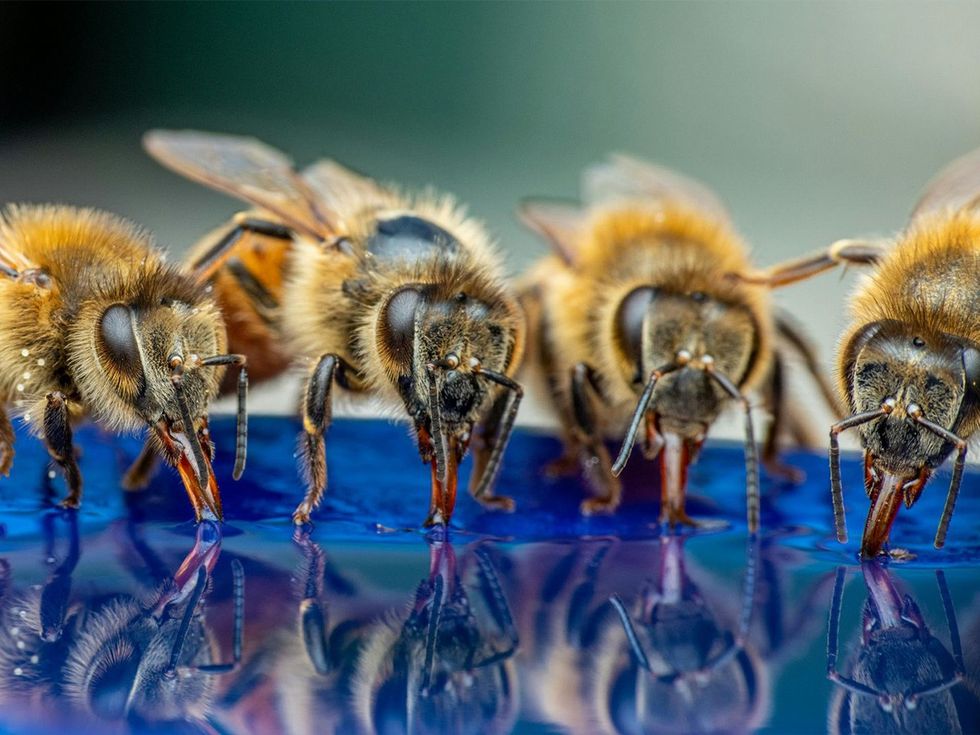
Technological breakthrough creates superfood for bees
Honeybees feed upon floral pollen, which is supposed to provide all the proteins, fats, carbohydrates, and nutrients necessary for survival. With climate change and evolving agricultural practices, many bee colonies collapse from nutritional deficiencies and eventual disease. With fewer pollinators, crop yields suffer, and the price of food goes up. Bee farmers are facing increasingly challenging situations and have been leaning into food substitutes for decades. Unfortunately, these artificial food sources made from protein flour, sugars, and oils are incapable of meeting the nutritional needs of honeybees.
Professor Geraldine Wright at the University of Oxford told BBC News, "This technological breakthrough provides all the nutrients bees need to survive, meaning we can continue to feed them even when there's not enough pollen." The results are extremely promising. Bee colonies fed the food in the study were up to 15 times more likely to have baby bees make it to adulthood. The hope is that within the next two years, this food supplement could be made available to beekeepers and farmers. It's truly a technological achievement that can revolutionize the agriculture industry.
Smart Farms play a huge role in tackling the honeybee crisis
The farms of the future aren't just feeding us, they're saving the honeybees too. The ability to monitor hive health, as well as cutting down or removing pesticide exposure, is crucial to restoring bee colonies. A 2023 study published in MDPI assessed the farming techniques of four farms in Greece. The study wrote, "... landscape design models for biodiversity enhancement are an important attribute of ecosystem services and require an understanding of specific geographical and landscape parameters to render models operational for bee farming and pollination." Their findings showed the best way to build healthy farms while fostering safer, pesticide-free environments for the honeybees, grew larger fruits, and yielded 30% to 50% bigger crops. Creating healthier environments of natural wildflowers, monitoring for sickness and stress alerts of the bees, was a clear advantage to the farmers.
An article published in 2024 by The Scotsman looked into why the bee population was making a comeback in Denmarkfield, Scotland. A 90-acre project restoring nature to green spaces grew a population of 35 bees into 4,056 in just over two years. Managing the project, Ecologist Ellie Corsie said, "Due to intensive arable farming, with decades of ploughing, herbicide and pesticide use, biodiversity was incredibly low when we started. Wildlife had largely been sanitised from the fields. Rewilding the site has had a remarkable benefit.” With habitat loss being a major contributor to dwindling bee populations, projects like Rewilding Denmarkfield are leading the way for bee conservation.
Watch this video by Arirang News about honeybees and smart beehives:
- YouTube www.youtube.com
Pollinators like the honeybee are crucial for the world's food security. A study in 2023 reported in Science Direct found 90% of all wild flowering plant species are dependent upon some form of animal pollination. Traditionally considered the most efficient pollinators, bees are crucial to maintaining the necessary food storage for the human population. Science starting to bring back bee populations is not only desperately needed, but it's maybe even possible.





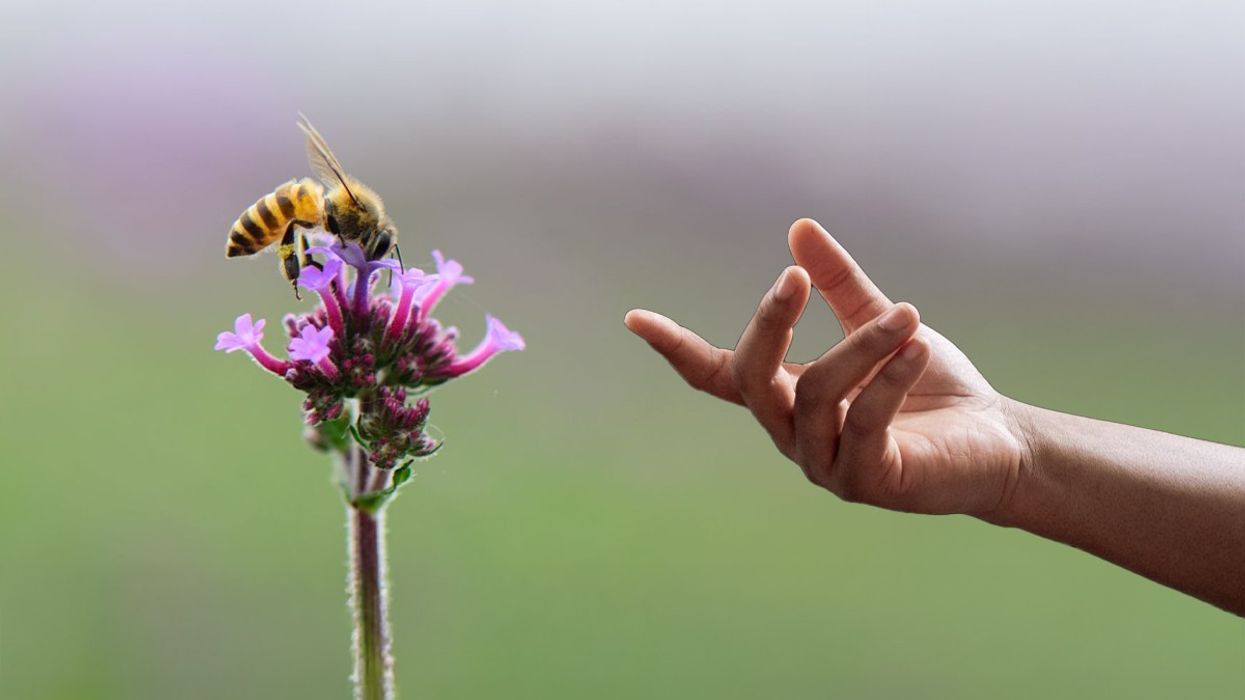




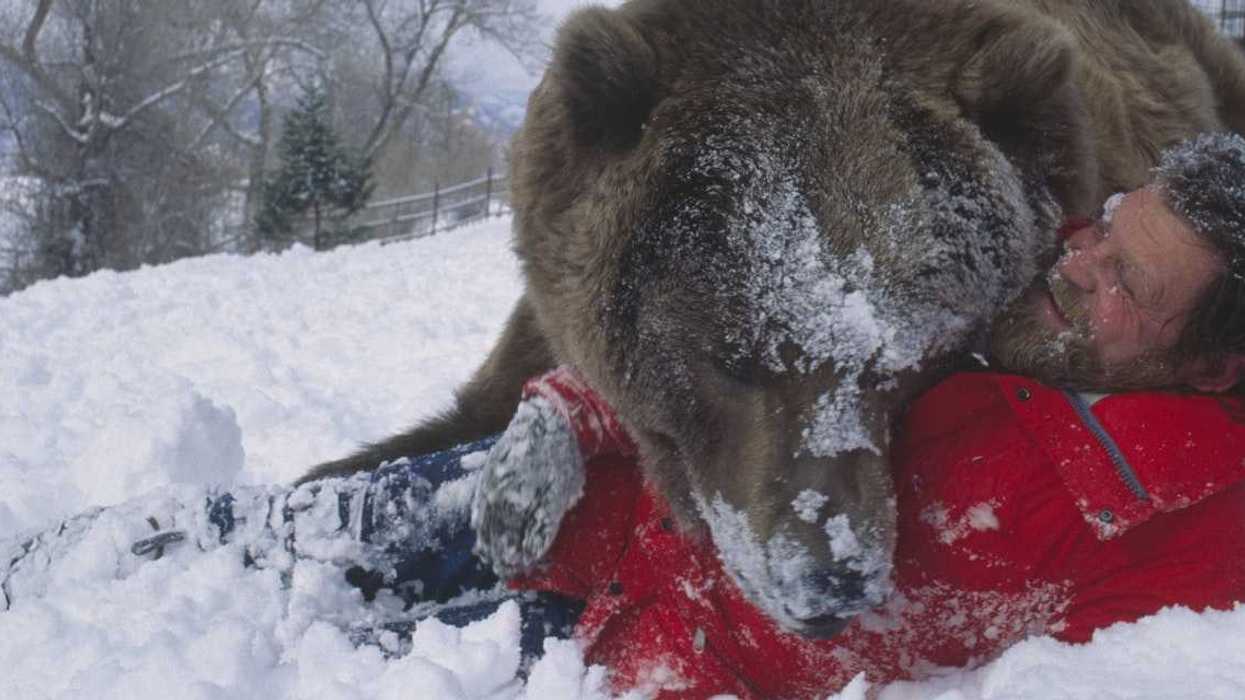







 Left: Plastic littered on a beach. Right: Bamboo.Photo credit:
Left: Plastic littered on a beach. Right: Bamboo.Photo credit:  Field of bamboo.Photo credit:
Field of bamboo.Photo credit:  Handing an Earth-painted ball to a child.Photo credit:
Handing an Earth-painted ball to a child.Photo credit: 
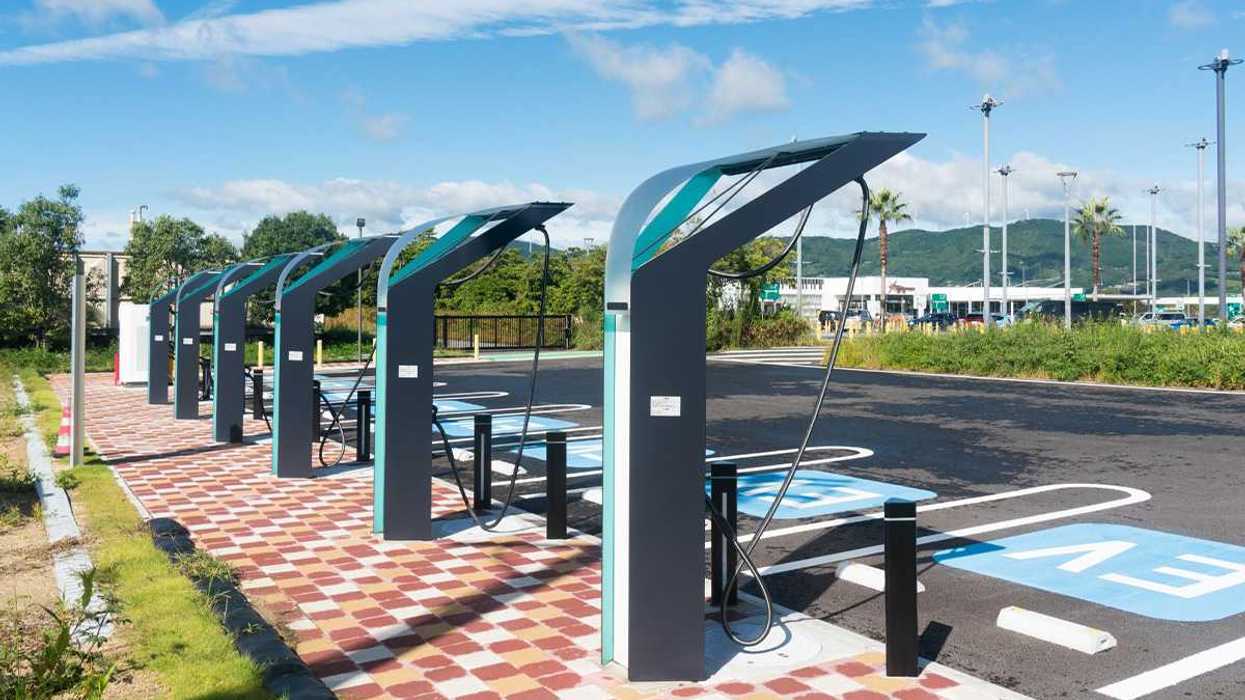 A parking lot for charging electric vehicles.Photo credit
A parking lot for charging electric vehicles.Photo credit 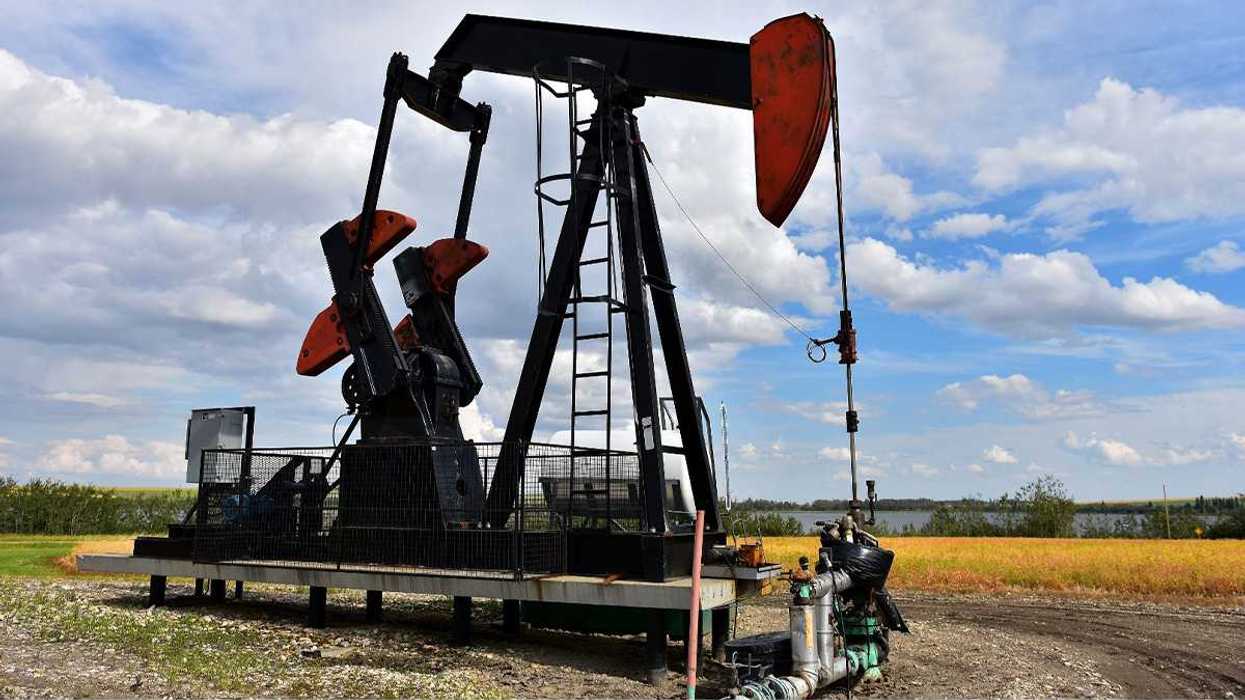 Oil production.Photo credit
Oil production.Photo credit  Sun shines over the Earth.Photo credit
Sun shines over the Earth.Photo credit 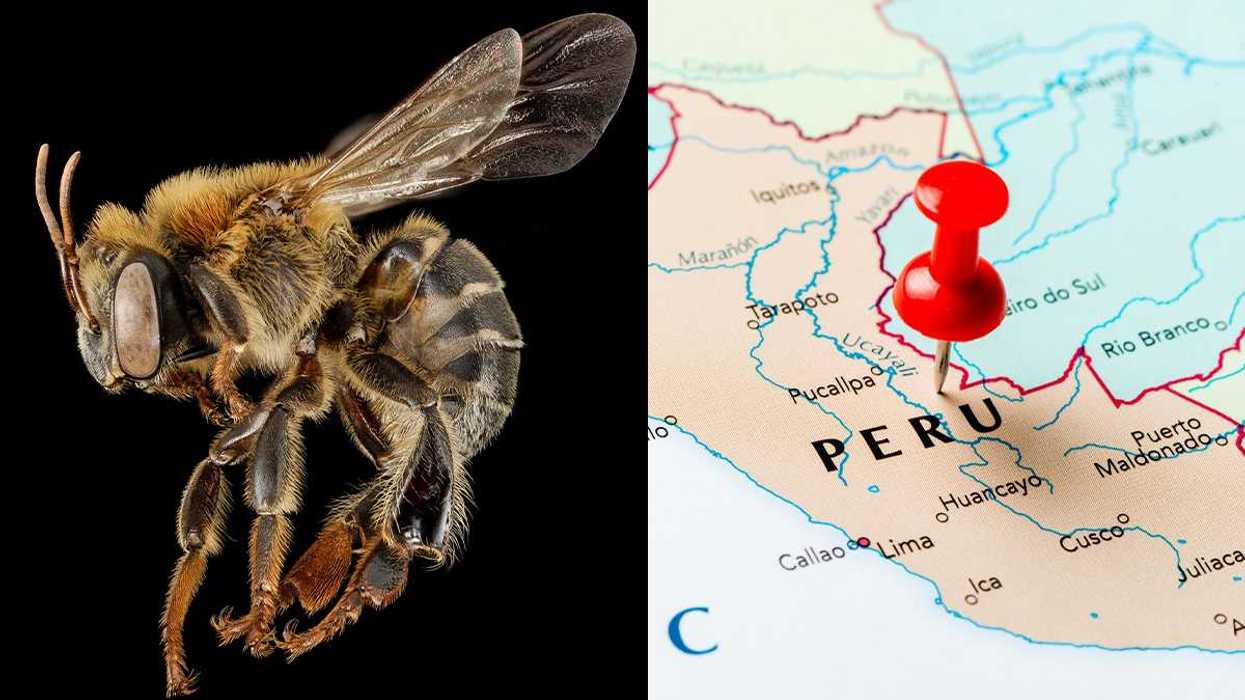
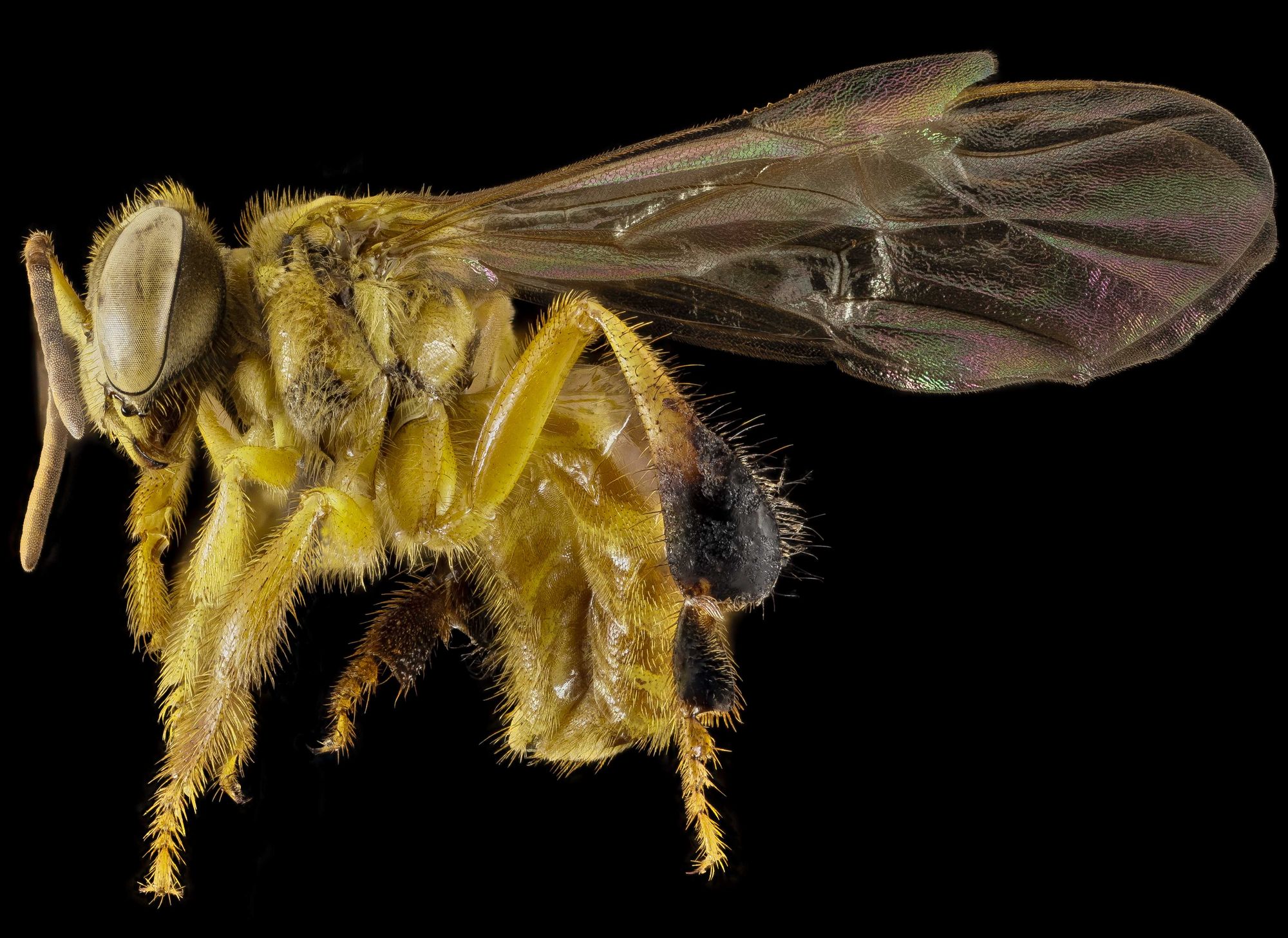 Peru stingless bee.USGS Bee Inventory and Monitoring Lab/
Peru stingless bee.USGS Bee Inventory and Monitoring Lab/ 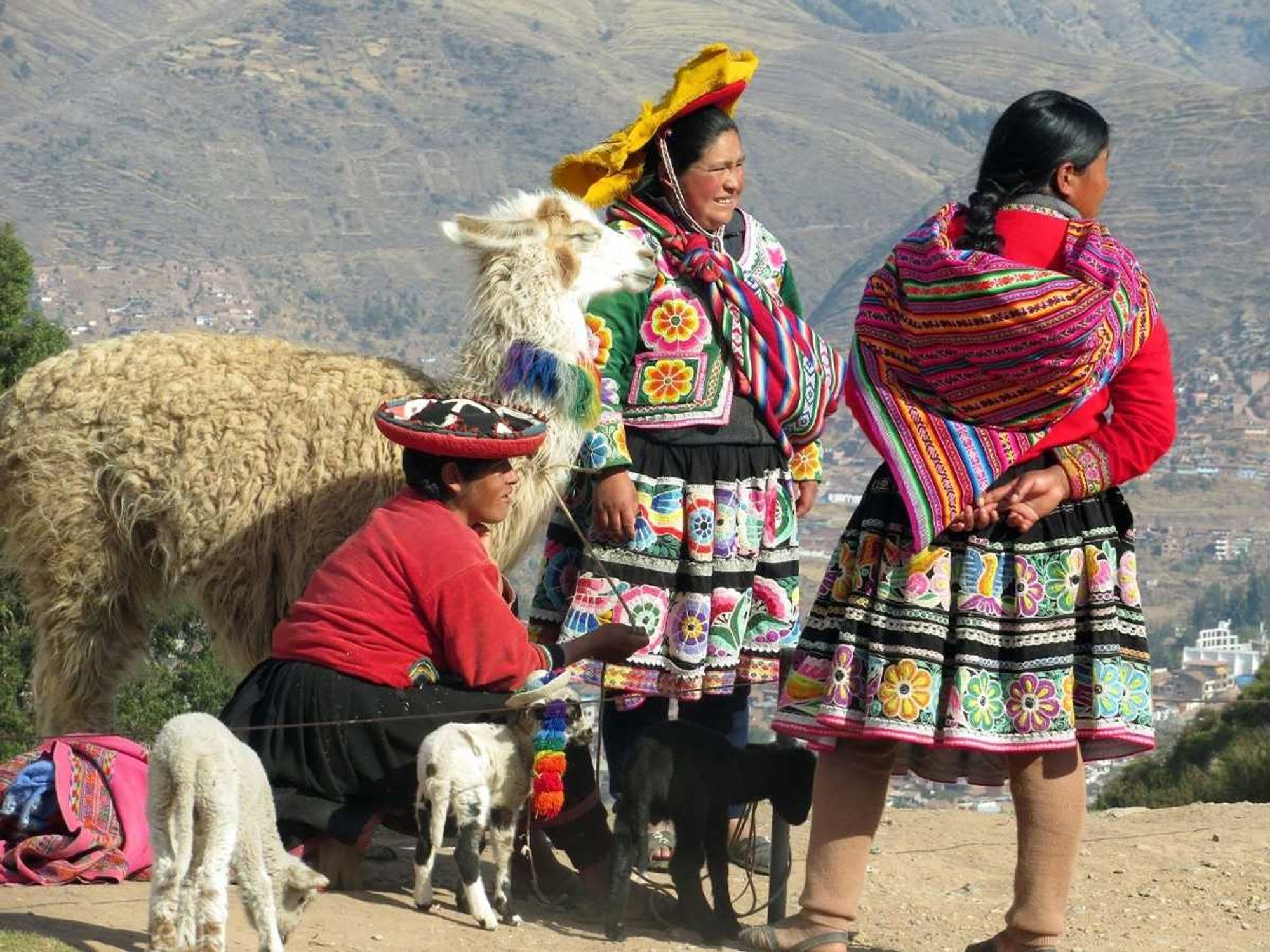 Indigenous Peruvian people.Photo credit
Indigenous Peruvian people.Photo credit 
 Representative Image: Accents reveal heritage and history.
Representative Image: Accents reveal heritage and history.  Representative Image: Even unseen you can learn a lot from an accent.
Representative Image: Even unseen you can learn a lot from an accent. 
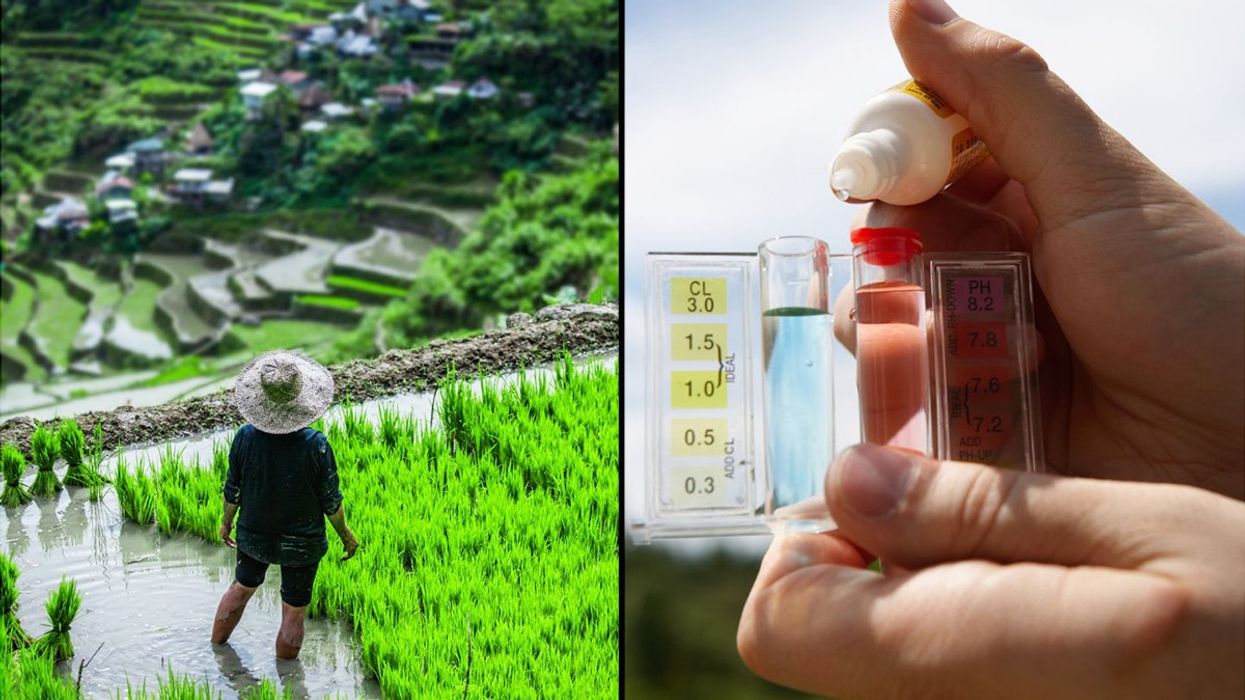
 Rice grain and white rice.Image via
Rice grain and white rice.Image via  Person eats rice.Image via
Person eats rice.Image via  Washing and rinsing rice.
Washing and rinsing rice.  Mother and daughter eating rice meal.Image via
Mother and daughter eating rice meal.Image via 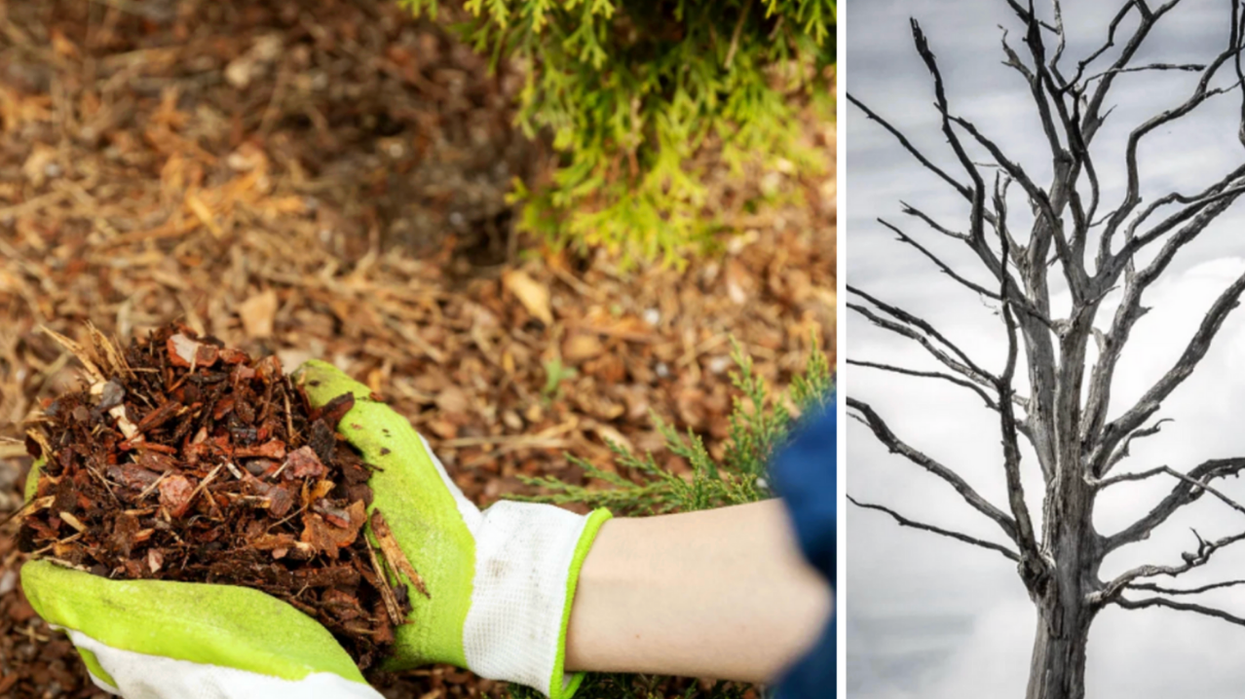
President Donald J. Trump and photo of a forest.
Public united and adamantly opposes Trump’s plan to roll back the Roadless Rule
There doesn't seem to be much agreement happening in the U.S. right now. Differing moral belief systems, economic disparity, and political divide have made a country with so many positives sometimes feel a little lost. Everyone desperately seeks a niche, a connection, or a strong sense of community to which they can feel a "part of," rather than just "apart."
But there seems to be one thing that the country strongly unites over, and that's the "Roadless Rule." With the Trump Administration attempting to roll back conservation policies that protect U.S. National Forests, Americans are saying in harmony an emphatic "No." A nonpartisan conservation and advocacy organization, the Center for Western Priorities, reviewed a comment analysis on the subject. After receiving 223,862 submissions, a staggering 99 percent are opposed to the president's plan of repeal.
What is the 'Roadless Rule' policy implemented in 2001?
The Roadless Rule has a direct impact on nearly 60 million acres of national forests and grasslands. According to the U.S. Department of Agriculture, the rule prohibits road construction and timber harvests. Enacted in 2001, it is a conservation rule that protects some of the least developed portions of our forests. It's considered to be one of the most important conservation wins in U.S. history.
America's national forests and grasslands are diverse ecosystems, timeless landscapes, and living treasures. They sustain the country with clean water and the wood products necessary to build our communities. The National Parks protected under their umbrella offer incredible recreational retreats and outdoor adventure.
Why does the administration want to roll it back?
U.S. Secretary of Agriculture Brooke L. Rollins told the Department of Agriculture in a 2025 press release, “We are one step closer to common sense management of our national forest lands. Today marks a critical step forward in President Trump’s commitment to restoring local decision-making to federal land managers to empower them to do what’s necessary to protect America’s forests and communities from devastating destruction from fires." Rollins continued, “This administration is dedicated to removing burdensome, outdated, one-size-fits-all regulations that not only put people and livelihoods at risk but also stifle economic growth in rural America. It is vital that we properly manage our federal lands to create healthy, resilient, and productive forests for generations to come. We look forward to hearing directly from the people and communities we serve as we work together to implement productive and commonsense policy for forest land management.”
Forest Service Chief Tom Schultz explained the Roadless Rule frustrated land management and acts as a challenging barrier to action. It prohibits road construction needed to navigate wildfire suppression and properly maintain the forest. Schultz said, “The forests we know today are not the same as the forests of 2001. They are dangerously overstocked and increasingly threatened by drought, mortality, insect-borne disease, and wildfire. It’s time to return land management decisions where they belong – with local Forest Service experts who best understand their forests and communities."
Why are people adamantly opposed to the proposed rollback?
A 2025 article in Earthjustice, a nonprofit environmental law organization, expressed its concern over the protection of national forests covering 36 states and Puerto Rico. A rescinded rule allows increased logging, extractive development, and oil and gas drilling in previously undisturbed backcountry. Here is what some community leaders had to say about it:
President Gloria Burns, Ketchikan Indian Community, said, "You cannot separate us from the land. We depend on Congress to update the outdated and predatory, antiquated laws that allow other countries and outside sources to extract our resource wealth. This is an attack on Tribes and our people who depend on the land to eat. The federal government must act and provide us the safeguards we need or leave our home roadless. We are not willing to risk the destruction of our homelands when no effort has been made to ensure our future is the one our ancestors envisioned for us. Without our lungs (the Tongass) we cannot breathe life into our future generations.”
Linda Behnken, executive director of the Alaska Longline Fishermen’s Association, stated, "Roadbuilding damaged salmon streams in the past — with 240 miles of salmon habitat still blocked by failed road culverts. The Roadless Rule protects our fishing economy and more than 10,000 jobs provided by commercial fishing in Southeast Alaska.”
The Sierra Club's Forest Campaign Manager Alex Craven seemed quite upset, saying, "The Forest Service followed sound science, economic common sense, and overwhelming public support when they adopted such an important and visionary policy more than 20 years ago. Donald Trump is making it crystal clear he is willing to pollute our clean air and drinking water, destroy prized habitat for species, and even increase the risk of devastating wildfires, if it means padding the bottom lines of timber and mining companies.”
The 2025 recession proposal would apply to nearly 45 million acres of the national forests. With so many people writing in opposition to the consensus, the public has determined they don't want it to happen.
Tongass National Forest is at the center of the Trump administration's intention to roll back the 2001 Roadless Rule. You can watch an Alaska Nature Documentary about the wild salmon of Tongass National Forrest here:
- YouTube www.youtube.com
The simple truth is we elect our public officials to make decisions. The hope is they do this for all of our well-being, although often it seems they do not. Even though we don't have much power to control what government officials do, voicing our opinions strongly enough often forces them to alter their present course of action. With a unanimous public voice saying, "No!" maybe this time they will course correct as the public wishes.